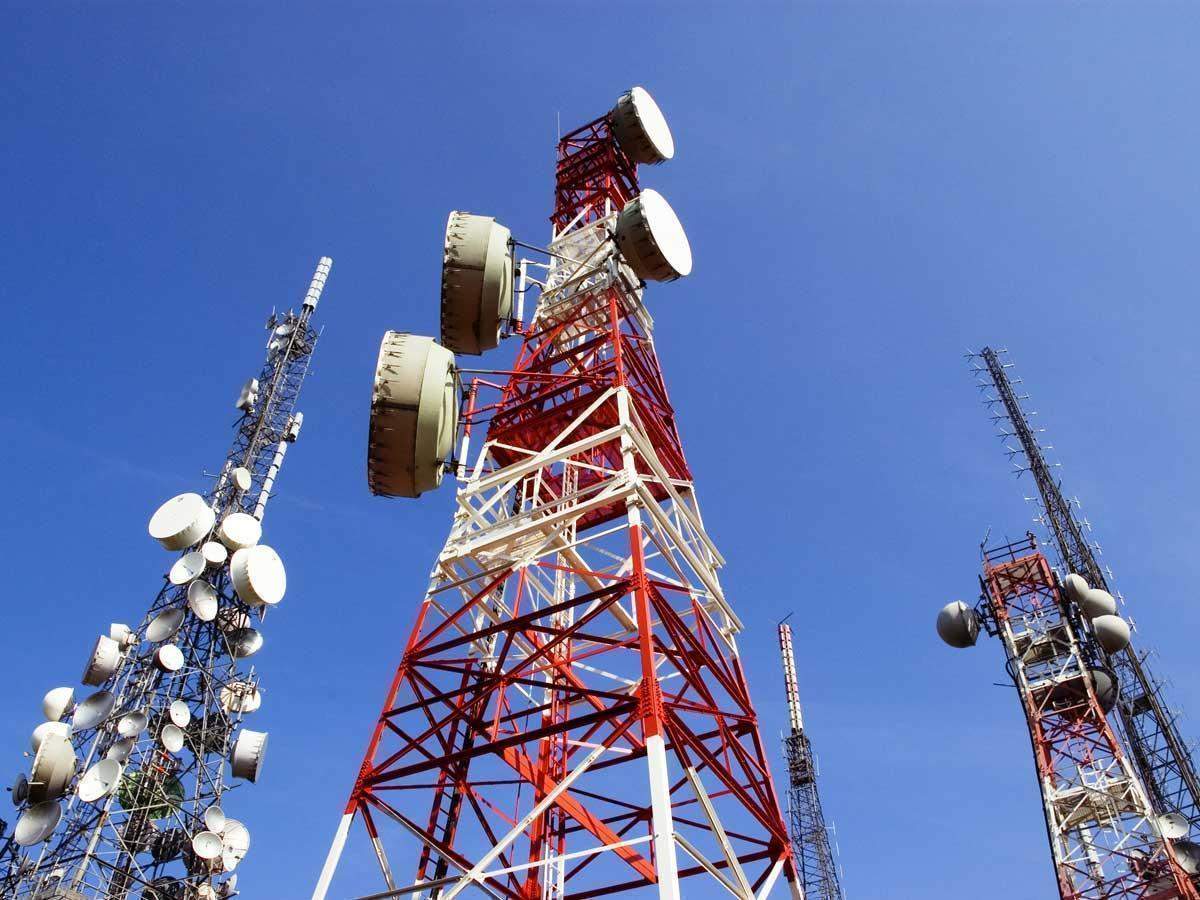Missing Clauses in Telecom Laws: Insolvency and Fee Exemption 2023

Missing Clauses in Telecom Laws: Insolvency and Fee Exemption 2023
In a recent development that has sent shockwaves through the telecommunications industry, the Telecom Bill has undergone significant changes, most notably the removal of provisions related to the Insolvency and Bankruptcy Code (IBC) and the waiver of fees.
These changes, which come after months of deliberation and industry speculation, have far-reaching implications for telecom companies, investors, and the Indian economy as a whole.

The telecommunications sector in India is one of the largest and most competitive in the world. With a population of over a billion people and increasing smartphone penetration, it presents an enormous market potential.
However, it is also a sector riddled with financial stress, intense competition, and regulatory challenges. Telecom companies have struggled with mounting debt, pricing wars, and high spectrum costs, leading to a precarious financial situation for many players.
The Insolvency and Bankruptcy Code (IBC) was introduced in 2016 as a comprehensive legislation to address insolvency and bankruptcy issues in India.
One of its key features was the ability for creditors to initiate insolvency proceedings against debt-ridden companies, including telecom operators.
This provision empowered creditors, mainly financial institutions and banks, to recover their dues through a transparent and time-bound process.
The inclusion of telecom companies under the purview of the IBC had significant implications for the sector. It allowed creditors to take defaulting telecom operators to the National Company Law Tribunal (NCLT), leading to the initiation of insolvency proceedings. This put pressure on telecom companies to clear their outstanding debts and make financial arrangements to avoid insolvency.
However, the IBC process also brought about uncertainty and disruptions in the industry. With several prominent telecom operators facing insolvency proceedings, the sector experienced a period of turmoil and consolidation. While this led to the emergence of stronger players, it also resulted in fewer choices for consumers and potential job losses.
The decision to remove telecom companies from the ambit of the IBC is a significant policy shift. The government cited several reasons for this move:
1.Preservation of Competition:The government argued that keeping telecom companies within the IBC framework could lead to further consolidation in the sector, reducing competition and harming consumer interests.
2.Maintaining Connectivity:Ensuring the uninterrupted provision of telecom services was a primary concern. If a telecom company were to go through insolvency proceedings, it could disrupt services for millions of customers.
3.National Security: Telecom services play a crucial role in national security. The government believed that insolvency proceedings could compromise the security and stability of these services.
Another significant amendment to the Telecom Bill is the removal of provisions that allowed for the waiver of certain fees for telecom companies.
These fees included license fees, spectrum usage charges, and penalties. The removal of these waivers is expected to boost government revenues, but it places additional financial burdens on telecom operators already grappling with high costs.
The removal of the IBC provisions and the waiver of fees will have several consequences for telecom companies:
1.Financial Stress Continues: Telecom companies will continue to face the burden of their existing debts without the recourse of the IBC process. This could push some operators closer to financial insolvency.
2.Reduced Investment Attraction: The uncertainty surrounding the telecom sector may discourage potential investors and lenders, making it challenging for companies to raise capital for network expansion and technology upgrades.
3.Operational Challenges:Telecom operators will need to find ways to manage their financial challenges while ensuring uninterrupted services for their customers. This may require cost-cutting measures, which could impact the quality of service.
4.Market Dynamics:The removal of IBC provisions could potentially slow down the process of market consolidation, allowing weaker players to linger in the market. This could negatively impact overall industry health and sustainability.

The recent amendments to the Telecom Bill, removing IBC provisions and fee waivers, have stirred significant debate and uncertainty within the industry.
While the government’s rationale for these changes is rooted in the preservation of competition and national interests, they come with their own set of challenges.
Telecom companies will need to navigate the financial stress and operational challenges that arise as a result of these amendments.

It remains to be seen how these changes will impact the telecom sector’s long-term sustainability and its ability to meet the growing demands of India’s digital economy.
As the industry evolves, regulatory adjustments and support mechanisms will play a critical role in shaping its future.








